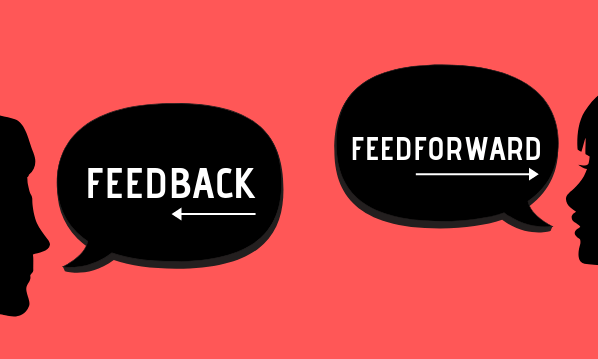Good work doesn’t happen without good feedback. Whatever the level of creativity working on a project, they need an outside view to bounce their idea off.
Now, sometimes the only feedback required is, ‘This is great.’ Too often, we feel we have to find SOMETHING to criticise if asked for our opinion.
So, what’s the difference between feedback that moves the work along and feedback that can become a roadblock?
Good feedback can look like:
A question rather than a criticism
Asking a creative why they chose to do something, and not in a way that feels like a trap, will help you understand things in the research and development that you haven’t been party to. It’s easiest to give productive creative feedback once you know the background.
So, rather than ‘I don’t like that heading’, asking, ‘What was your thinking behind this heading?’ will give you valuable context and lead to a discussion. And you know what – it helps creatives when the people reviewing the work understand how much goes into it.
Waiting until the whole concept has been shown
Some things, like a campaign pitch, should be experienced as a whole. That means chipping in with feedback as you notice things aren’t going to be productive because if you’d seen everything else in the deck, you might feel differently.
You may also be commenting on things that are addressed later on, which makes everyone feel bad from the start – you because you have the vibe that they’ve missed a trick and them because they feel misjudged and frustrated.
Going back to the original brief as a framework
The merit of a piece of work is in whether it answers the brief, not in whether we ‘like’ it. Sometimes the best bit of creativity is not for us, because it isn’t for us.
Use the brief as a checklist: is this right for the audience we are targeting, do we think it will deliver the objective and does it fit the desired format or channel? If the answers are all yes…it doesn’t matter if you like it or not.
Saying thank you
A lot of work, thought, emotion, and debate goes into a piece of creativity. It may not be perfect the first time (perfect doesn’t exist), but every iteration is a step. Acknowledging the work matters.
Good feedback is not:
Subjective – we’ll all have our own opinions but generally best practice, data, and concept should win over ‘I don’t like green’.
Prescriptive – telling a creative the exact words or design you want is pretty much never the best way to get a great result.
Personal – critique the work, not the worker. There will be so many reasons this piece of work is the way that it is, from the research to the team’s internal feedback. Don’t interrogate the person who’s tried their best to provide the best solution to a problem; discuss the work.
Heated – getting cross with someone because they’ve produced something you’re not satisfied with gets two results: a creative afraid to make mistakes and a piece of work designed to get your signoff, not to speak to the audience. Both will lead to failure.
Proper feedback can make creative next-level
Creatives are not tiny little sensitive babies. It’s not about that. Yes, it’s nice to get good feedback, but useful feedback is positive in its own right. Creatives know that.
As long as you focus on the outcome everyone’s working towards and not too much on your feelings, you’re promoting valuable discussion that will lead to the best result.
And happy creatives. Don’t underestimate the impact of happy creatives.






